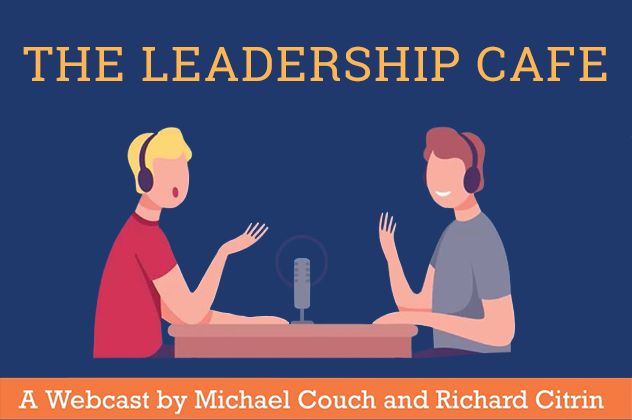The American Psychological Association recently released their Stress in America annual survey and not surprisingly their findings revealed that many of us experienced major challenges to our emotional well-being over the course of the past year.
In a set of follow up interviews aired on NPR, several health care and first responders discussed their strategies for staying resilient during the pandemic. While these folks were part of the group reporting difficulties, their strategies helped mitigate their overall stress.
The interviewees reported ideas that resembled the 3 C’s of resilience; challenge, commitment and control. Each of these were identified from research conducted over 30 years ago but which still hold up today.
- Challenge: Seeing a difficult situation as an opportunity instead of an obstacle takes away our primal instinct to have to defend the situation. We can then approach it to motivate and even excite us. The fire chief, they interviewed, saw people working hard to do better in their roles and reassured the listeners that this group of first responders learned much from the Pandemic, and as a result are better trained and prepared than before all this craziness started.
- Commitment: Having an understanding and pledging to pursue a course of action helps narrow our focus eliminating extraneous ideas that drain energy and take us away from our core mission. The palliative care nurse was moved every day by the love and goodness she saw in others and was herself motivated to do a better job.
- Control: There has been a great deal of uncertainty over the past year, and it will be continuing even as we return to work and get back to our lives. Sometimes we just must focus on small pieces that help us see we are making progress. The hospital housekeeper took time on her lunch break to sit in her breakroom (a supply closet) and practice her faith. That small amount of time provided her important moments to recharge.
Which of these strategies do you use for yourself and how do they work?
Happenings
The Leadership Café
Tim Murphy is the Business Category Leader for the software and services team within the Sleep and Respiratory Care group at Philips. This business offers a series of Clinical and Business management applications, software-as-a-service solutions, data sharing, and more to aid those who have sleep and respiratory disorders.
In this episode, Tim talks about his experience in respiratory care for over 28 years and how Philips’ business rapidly increased in production over the past year due to the Global Pandemic. The ability of the Philip’s team to change the work dynamic quickly and efficiently allowed them to meet the needs of patients in various countries. Philips was a leading provider of ventilators worldwide during Covid-19.
© Richard Citrin 2021
